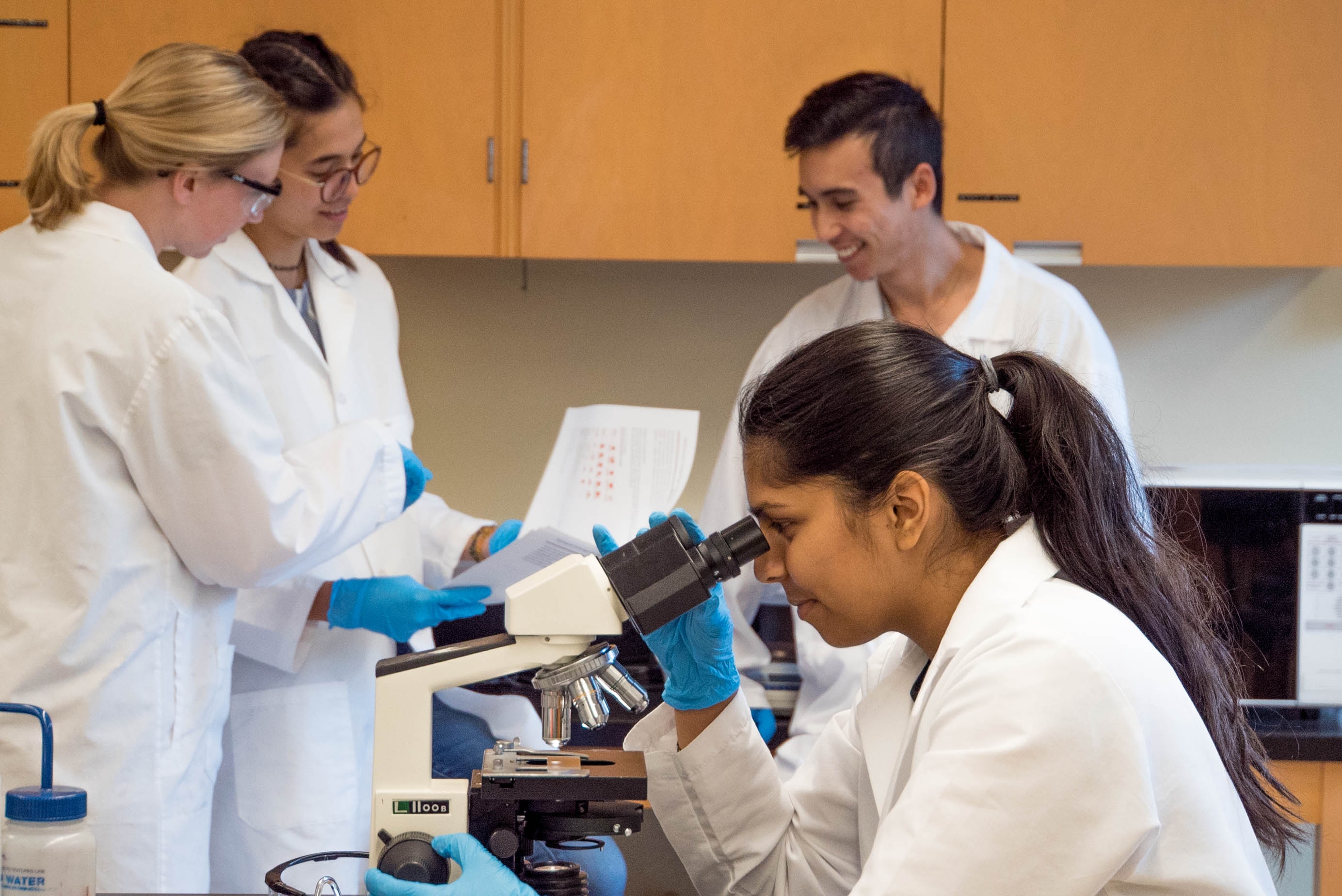 Common chronic pain suffered by many individuals, such as pain from arthritis, is due to inflammation and the aggravation associated with the inflammation. Aspirins can reduce inflammation, while opioid pain relievers are often prescribed to help to reduce the pain experienced by the body. Even though opioids are effective and can sometimes entirely eliminate the pain experienced, it does not stop the pain at the source. Opioids instead inhibit nerve cell receptors in specific locations within the body and effectively stop the pain signal from recognition in the brain.
Common chronic pain suffered by many individuals, such as pain from arthritis, is due to inflammation and the aggravation associated with the inflammation. Aspirins can reduce inflammation, while opioid pain relievers are often prescribed to help to reduce the pain experienced by the body. Even though opioids are effective and can sometimes entirely eliminate the pain experienced, it does not stop the pain at the source. Opioids instead inhibit nerve cell receptors in specific locations within the body and effectively stop the pain signal from recognition in the brain.
Two cannabis molecules with the ability to take the spotlight away from opioids and aspirins, cannflavin A and cannflavin B, are non-psychoactive, able to reduce inflammation at the source, and do not share the addictive qualities that are found in opioids. It is estimated by the National Institute on Drug Abuse that more than 130 people die from opioid overdoses in the United States on a daily basis.
{{cta(‘90438494-6bd0-4c05-aee6-ee36a536f0d4′,’justifycenter’)}}
Tariq Akhtar, a professor at the department of molecular and cellular biology at the University of Guelph in Ontario, Canada, stated: “There’s clearly a need to develop alternatives for relief of acute and chronic pain that go beyond opioids. Our objective was to better understand how these [cannflavin] molecules are made, which is a relatively straightforward exercise these days.”
Technology has allowed for the professors who research flavonoids at the University of Guelph, like Prof. Akhtar and Prof. Steven Rothstein, to soon engineer large quantities of the two unique cannabis cannflavins. This is a big leap for the cannflavin’s feasibility as a potential new painkiller due to the fact that their natural presence in cannabis is too low to selectively breed and engineer strains with larger quantities. The university’s researchers are even now teamed up with the cannabis company Anahit International Corp. in order to discover a new way to manufacture large quantities of flavonoids like cannflavin A and cannflavin B.
Darren Carrigan, Chief Operating Officer of Anahit International Corp., stated: “Anahit looks forward to working closely with University of Guelph researchers to develop effective and safe anti-inflammatory medicines from cannabis phytochemicals that would provide an alternative to nonsteroidal anti-inflammatory drugs.”
Curious about how you can make money investing in cannabis? Sign up for Cannin Free Access and subscribe to the Cannin Chronicle. We’ll keep you informed on all things cannabis and even help you determine which cannabis companies have the highest growth potential.

